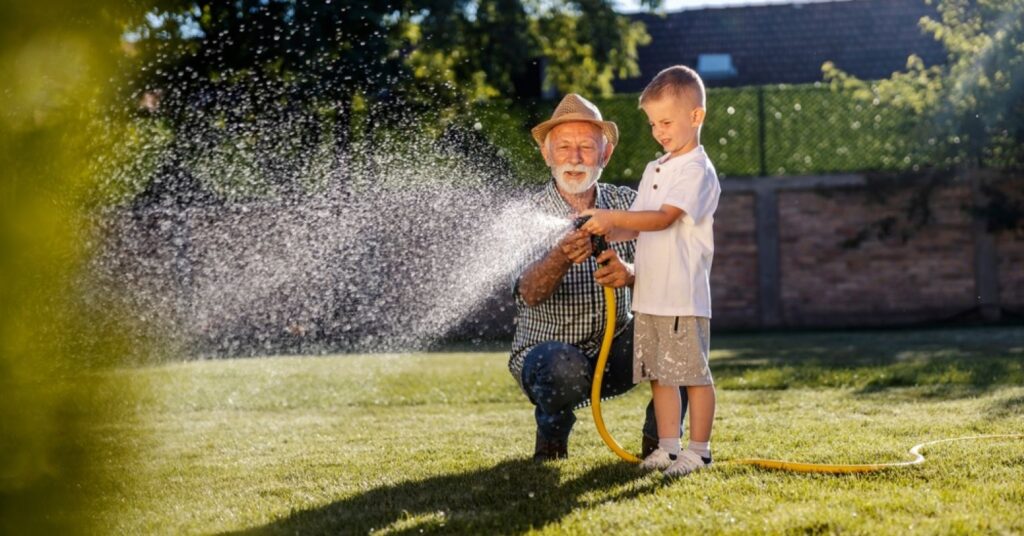As I reach the ripe old age of 80, I can’t help but cringe whenever I hear the cliché, “Getting old means getting better.” Let’s face it, getting old simply means getting old.
When I fumble and drop a bag of groceries, struggle to get up after a fall, forget my granddaughter’s name, or have someone older than me offer their seat on a bus, I don’t think of flowery greeting card phrases. Instead, I picture my old clunker of a car from college – a 1964 Plymouth that was rusty, temperamental, and always in need of a quart of oil. It may not have been perfect, but it got me where I needed to go, just like an aging brain.
One of my clients, a 75-year-old, once bluntly stated, “Aging sucks.” I responded by suggesting that aging doesn’t have to be so bad if we employ strategies based on neurology. Here are three simple strategies to combat the effects of aging:
1. Slow Down: Just like an old-fashioned watch, aging can cause a slight processing delay in our brains. Slowing down our movements and asking others to speak more slowly can help compensate for these age-related issues.
2. Make It Visual and Lasting: As we age, our brains may struggle with abstract concepts. Keeping information concrete and tangible by writing it down or using visual aids can help with memory and recall.
3. Take a Break: Just as our bodies need rest after exercise, our brains also benefit from breaks. Alternating between cognitive tasks and physical activities, as well as getting enough sleep, can help keep our brains healthy.
Inevitably, we all age. By implementing these neurological strategies, we can improve our adjustment to aging. While aging may still have its challenges, it doesn’t have to be as bad as we think. Embracing these strategies can help us navigate the process of aging with grace and dignity.

